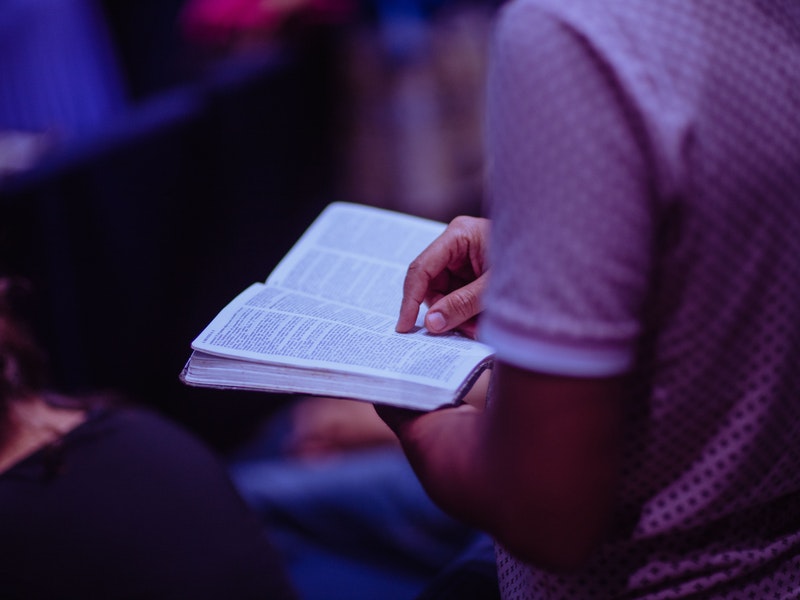Jesus uses very direct and clear language about pursuing our mission; He says to seek first the Kingdom of God and to live righteously as if it’s life’s highest priority. He also promises that our needs will be met when we do this.
Pursuing the Kingdom of God means seeking God’s authority being carried out in all areas of life. He has the authority to lead us in every facet of our lives – at home, at school, with friends, in the workplace, and in the community.
 To pursue living righteously means seeking to please God with our lives. How we conduct ourselves can be pleasing to God, but only if we are in a relationship with Him through Christ. Our behavior towards our family, friends, co-workers, and strangers is pleasing to God when we honor Him and when we are loving towards others.
To pursue living righteously means seeking to please God with our lives. How we conduct ourselves can be pleasing to God, but only if we are in a relationship with Him through Christ. Our behavior towards our family, friends, co-workers, and strangers is pleasing to God when we honor Him and when we are loving towards others.
The wonderful promise of this verse is that our pursuit of living in God’s authority and living in a way that pleases Him has a reward that fulfills our needs. Jesus admonishes us to do so in the proper order – mission accomplished, then all things added. We can find great comfort and security in Jesus’ promise. Think about it.
So, What’s The Play Call?
- What do people around you pursue as their life’s highest priority?
- How would pursuing God’s authority as the highest priority change your daily lifestyle?
- Are there people, things, goals that challenge God’s place as the highest priority in your life?
Overtime
“But you will receive power when the Holy Spirit comes upon you. And you will be my witnesses, telling people about me everywhere—in Jerusalem, throughout Judea, in Samaria, and to the ends of the earth.” – Acts 1:8 NLT
“The Spirit of the Lord is upon me, for he has anointed me to bring Good News to the poor. He has sent me to proclaim that captives will be released, that the blind will see, that the oppressed will be set free…” – Luke 4:18
“For the Lord gave us this command when he said, ‘I have made you a light to the Gentiles, to bring salvation to the farthest corners of the earth.’ ” – Acts 13:47
Prayer
“Father, I will pursue Your authority in my life as the matter of highest priority. I will pursue righteous living as the matter of highest priority. I will trust You to fulfill my needs as I stay focused on these priorities. I pray, commit, and pursue in the mighty name of Jesus, Amen.”




